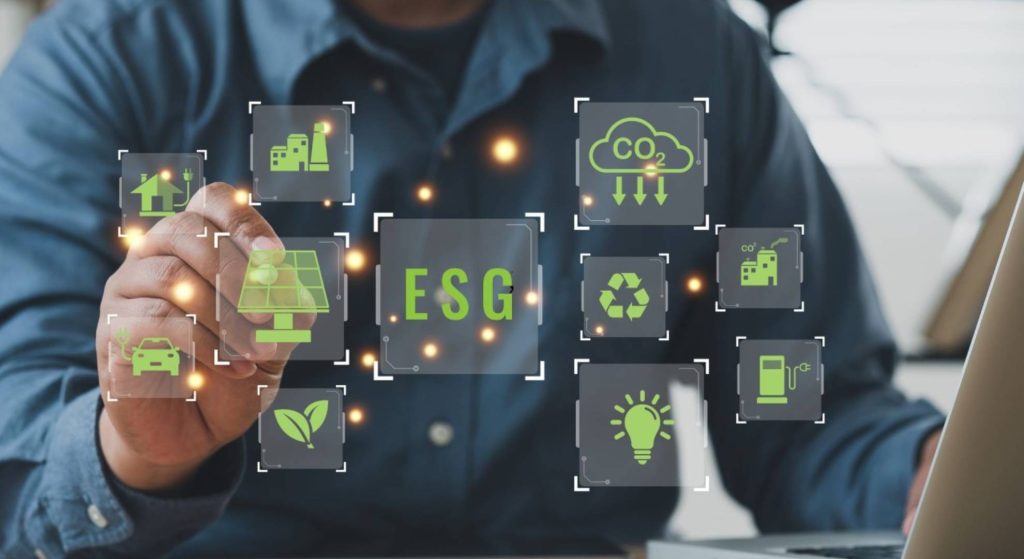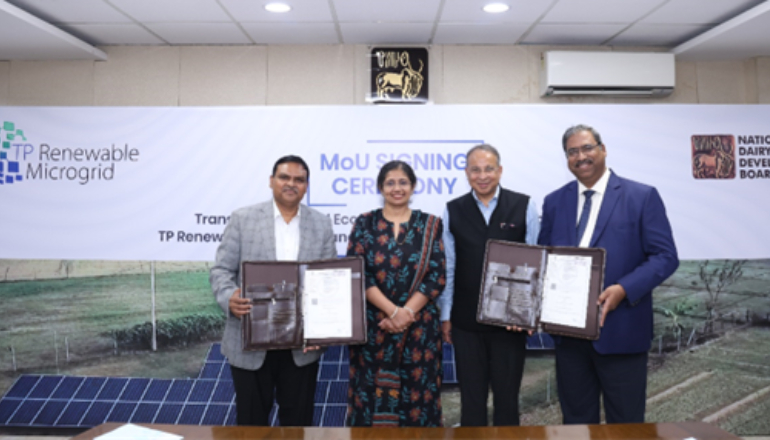Enterprises across the APAC or the Asia Pacific region are embedding ESG practices and integrating them into their brand ethos.
According to Kamran Khan, APAC and MEA Head, ESG, Deutsche Bank, “(The enterprises) in Asia know that they have to get their house in order to protect their brands.” He was referring to the growing consumer and investor base that favors brands with strong ESG-based strategy and sustainable image.
It is increasingly important to mobilize the APAC region for climate action due to its substantial economic and cultural influence, Mr Khan said. “Greenfield investments account for a sizable portion of the foreign direct investment (FDI) flowing into the area. This is due to its tremendous growth potential, especially in the area of renewable energy, and companies are taking the initiative to change from being a CSR-winged company to one that is committed to ESG principles. This could be a ground-breaking strategy for setting your brand apart,” he said in a sustainability blog for the Deutsche Bank.
Mr. Khan highlighted the potential for enterprises to meet their sustainability commitments through technological advancements, policy pushes, renewable energy adoption, and mid-to-long term insights..
Technological advancements are enabling unprecedented transparency through digital platforms and robust analytics, providing real-time accountability for social and environmental impacts.
Consumers and governments alike see social and climate justice as a transparent PR exercise that falls short. Conversely, businesses with genuine, successful waste and carbon reduction initiatives are dutifully rewarded.
Products made with renewable energy have proven to be cost- effective and retain competitive edge in the international market.
Companies must continue to find renewable energy feasible and valuable to their brand, consumers must not bear the burden of the costs, the risks associated relative to profits must be within acceptable levels for investors. Only then will we see sustained, incremental inflow of capital over the years. Time is a key concern.
According to Mr Khan, the trend will grow once the EU’s Carbon Border Adjustment Mechanism (CBAM) is enforced in full capacity. Brands now have a clear choice to either solidify their stakeholder’s trust in them or risk fading into irrelevance.
The public sector is in charge to promote welfare interests, establish private-public partnerships, and ensure that private sector incentives like grants and subsidies are in place.
Policy-making is one of the strongest instruments that any government has to redirect transactions to an ESG space, but it must be used in moderation, Mr Khan said. There are many complexities and challenges involved in making sustainability and social justice decisions, the biggest of which is uniting all stakeholder interests.
On long-term insights, he said the big picture is clear to all and expressed confidence in the corporate’s ability to do the right thing.
“The mid to short term I think is going to be good quality, credible transactions and examples of what sustainability looks like in real life. Currently, Deutsche Bank exemplifies this idea by implementing tailored solutions and sustainable strategies that ensure APAC products meet international ESG standards,” he said.
While difficulties remain—including diverse national regulations and varying levels of economic development—the APAC region is positioning itself as a global leader in authentic sustainable transformation, proving that true brand value lies not in marketing narratives, but in demonstrable, meaningful action, Mr Khan concluded.











